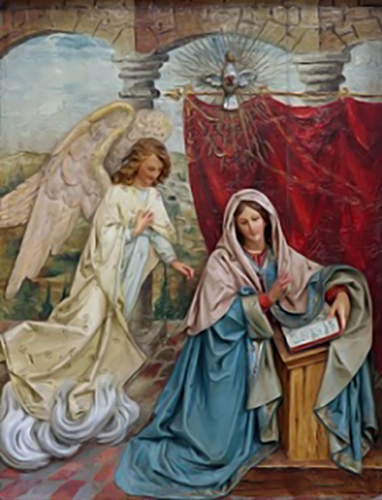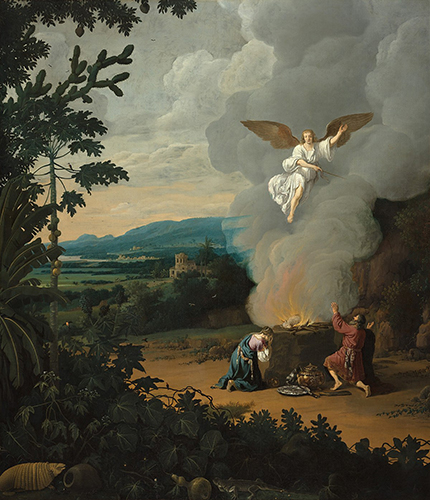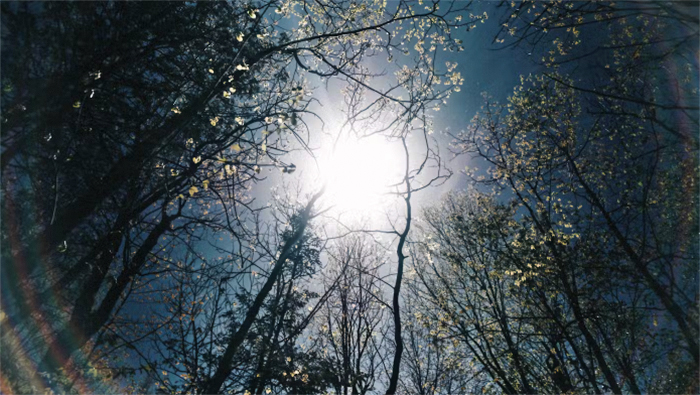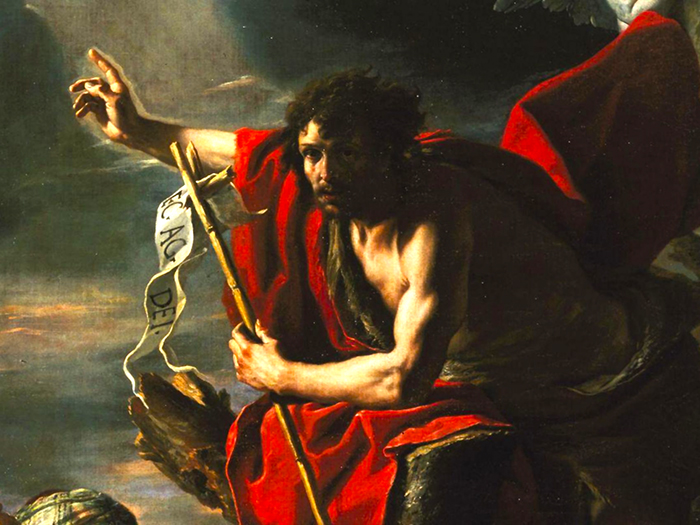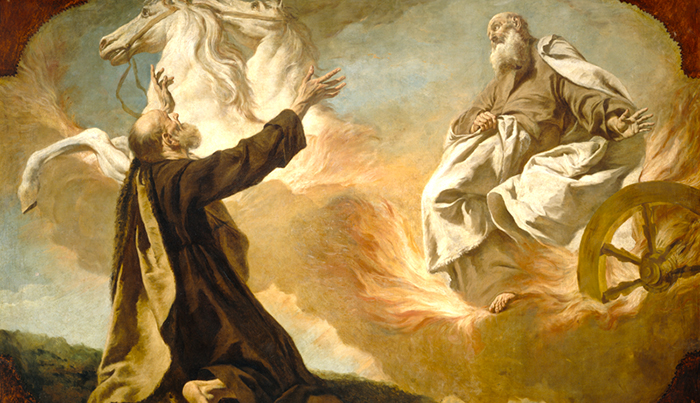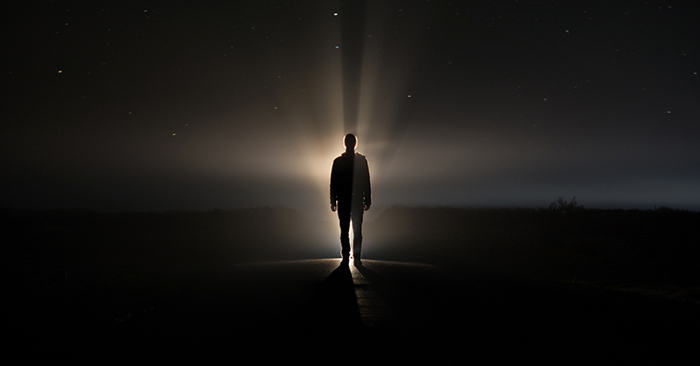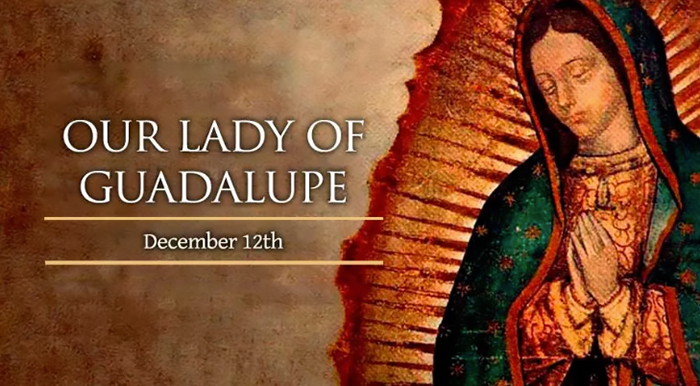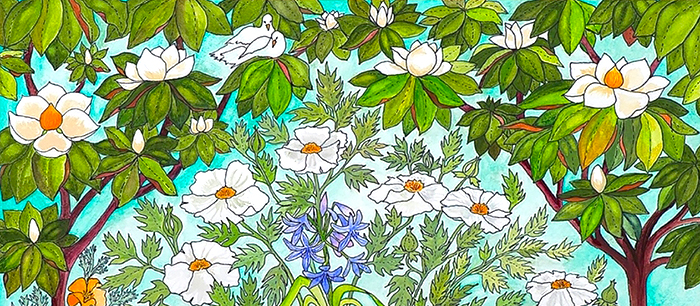
This poem celebrates, in the open countryside, a rebirth of nature and love. Just as the fruitfulness of spring overcomes the infertility of winter, love triumphs over the selfishness that imprisons us within ourselves. An allegorical reading of this poem as a celebration of the spousal covenant between God and Israel during the restoration is relatively easy to make. Israel is depicted in many prophetical texts as a vineyard. Also, that literature used the images of devastation and of the Garden of Eden to describe Israel’s unfaithfulness and fidelity. St. John of the Cross writes that “The soul desires that nothing should diminish the delights of love it feels within, a love which is the flower of the soul’s vineyard—not the envious and evil demons, nor the body’s wild desires, nor the vagaries of the imagination, nor the attractions of created things; it calls upon the angels, asking them to root out all these things or prevent their growth, so that they cannot hinder the flowering of interior love; for the sweet taste and delight of that love is the joyful sharing of the virtues and graces that pass between the soul and the Son of God.” Richard Reece also notes that the depths within today’s readings speak to us differently. “Have we been ecstatically in love, waiting excitedly for the arrival of all we have hoped for? Have we been with a child or awaited the birth of a child, surprised or worried, or just bursting with the news and needing to share it with an understanding friend? Today’s Scriptures are not just about us. Elizabeth knows, her unborn child knows, and Mary knows now that the world has been fundamentally, supernaturally changed. After millennia of longing, ‘the winter is past, the rains are over and gone; the flowers appear on the earth,’ and ‘what was spoken by the Lord is fulfilled.’ God is with us.”

